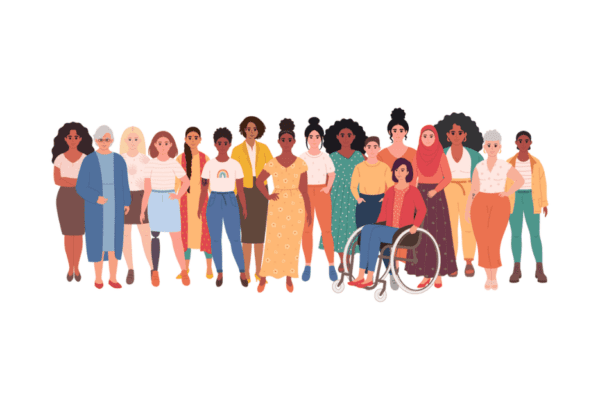Highlights | Reducing barriers to care
- Effective communication is fundamental for safe and high-quality care for all patients.
- It’s also required by law.
- Interpreter Services supports care team members in providing effective, patient- and family-centered communication for every patient, every time.
- Our medical interpreters speak over 100 languages and dialects and provide free services for patients with limited English proficiencies or who are deaf or hard of hearing.
According to the United States Census Bureau, nearly 68 million people spoke a language other than English at home in 2019, and about 25.5 million spoke English less than very well.
Patients with limited English proficiency are especially vulnerable to communication gaps. When it comes to receiving care, clear communication for every patient, every time, is required by law and a commitment we make to putting patients first.
Enter: UW Medicine Interpreter Services. Medical interpreters are available in person, by phone or by video to interpret for patients with limited English proficiency or to provide communication assistance for patients who are blind, deaf or hard of hearing.
Prioritizing clear communication
Poor communication during clinic visits, inpatient stays and care transitions exposes patients to complications, distress and costly readmissions.
Laws and regulations are put in place to provide effective care and communication. The Joint Commission requires hospitals to identify a patient’s preferred language for discussing healthcare and provide language interpreting and translation services, while Title VI of the Civil Rights Act and the Americans with Disabilities Act mandate equal access for patients with limited English proficiency and those who are deaf or hard of hearing.
Despite these regulations and laws mandating certified medical interpreters, there are known gaps nationally and within our health system that can lead to the failure of accessible, culturally sensitive, high-value care for this growing population.
The UW Medicine Bias Reporting Tool is helping us discover gaps and improve our processes for providing language support in clinical care.
“From January 2021 to January 2022, we received more than 30 reports of language issues experienced by patients (and their families) with limited English proficiency and the misuse or non-use of certified medical interpreters,” says Paula Houston, EdD, chief equity officer, UW Medicine Office of Healthcare Equity. “This is a patient safety issue. When this happens, we are concerned that patients may not fully understand their treatment plans or achieve the best possible clinical outcomes.”
In partnership with Interpreter Services, the Office of Healthcare Equity has created an online guide dedicated to providing resources for accessing medical interpreters, tips for partnering with medical interpreters, reminders about laws and regulations and directions on what to do in emergencies.
“As UW Medicine clinicians, we recognize that clear communication is vital to achieve the best possible health outcomes,” says Santiago Neme, MD, medical director, UW Medical Center – Northwest. “Since this can be a challenge even when patients speak English well, we need to be sure that we are using all of our available resources to provide language support for patients with limited English proficiency or to provide communication assistance for patients who are blind, deaf or hard of hearing. This is not only the right thing to do, but also the law.”
What you need to know about Interpreter Services
Michelle Chillstrom, manager of Interpreter Services at UW Medical Center, and Yvonne Simpson, director of Interpreter Services at Harborview Medical Center, share the top things you need to know about Interpreter Services.
Interpreter Services supports patients and the care team
“Interpreter Services helps patients, families and caregivers have meaningful conversations,” says Simpson. “That includes taking the necessary steps to overcome barriers for patients to communicate about their needs in a way that is meaningful to them.”
Interpreter Services not only provides medical interpretation but also provides communication tools, like auxiliary aids or voice amplifiers for patients who are deaf or hard of hearing, and education for staff on how to use everyday terms rather than professional jargon. Plus, interpreters have training that helps them navigate cultural sensitives or nuances so patients and care team members can communicate in a way that builds trust and mutual understanding.
“The patient is going to have a much harder time having successful outcomes, following medication instructions or giving informed consent if they do not understand what’s going on,” says Simpson. “That’s where we come in to support.”
Free interpretation services in 100 languages and dialects
“We provide interpreter services for 100 languages available by phone, video or in person,” says Chillstrom. “And phone and video services are available on demand.”
These services are free of charge to patients, family members and caregivers.
“It’s our goal as medical interpreters to make it seamless and easy for our care teams to do the right thing for our patients,” she says.


